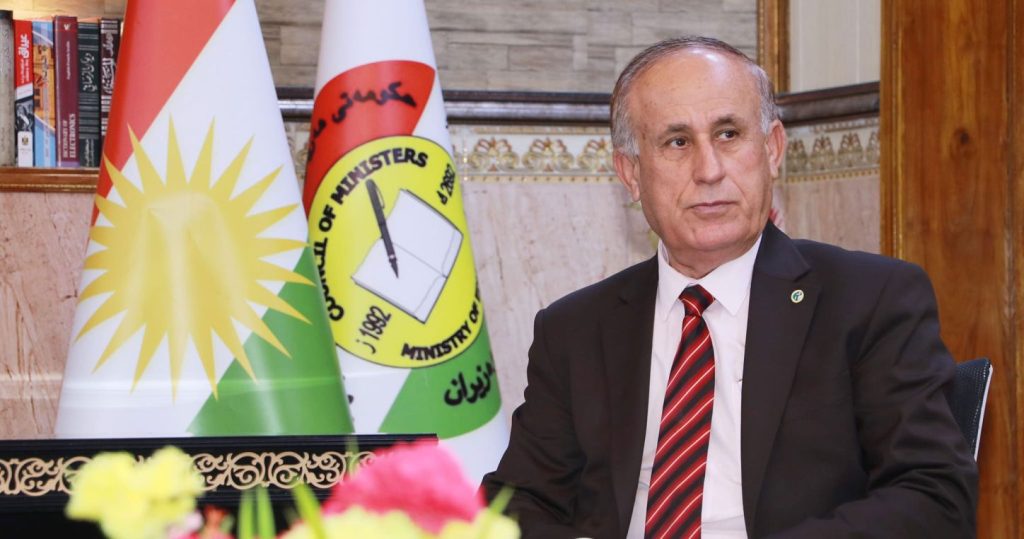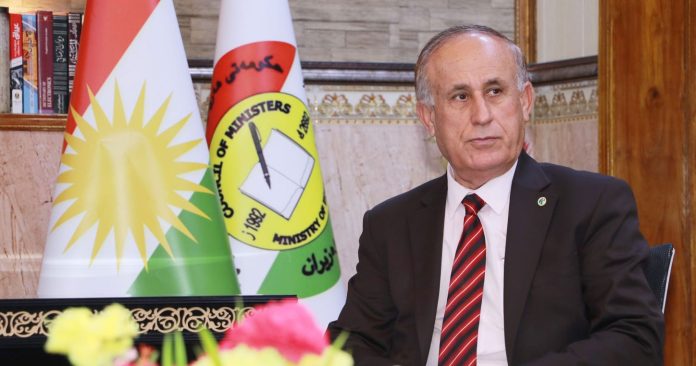
Iraq is currently facing a severe education crisis, despite constitutional guarantees and ministerial laws promising free education for all. Shockingly, millions of children are being deprived of their right to education. In the wake of the conflict with the Islamic State of Iraq and Syria (ISIS), the Iraqi government drastically reduced or even cut assistance to 5.2 million children, leaving them without access to education.
Since 2023, approximately 770,000 displaced children have been living in dire conditions, often in makeshift shelters, due to conflict-induced displacement. Tragically, their fundamental right to education has been severely compromised, with many lacking access to schools, teachers, and educational resources.
The Iraqi government’s failure to adhere to UN recommendations has only worsened the situation. Despite specific UN calls for funding to support education for disadvantaged children, the Iraqi government allocated only half of the requested $35 million, further exacerbating the crisis.
Tom Kosta, Senior Coordinator of the Norwegian Council for the Displaced, stresses the pivotal role of education in securing future employment opportunities. However, since the onset of the battle against ISIS in 2014, the education system in Iraq has been neglected, with a significant reduction in the number of teachers in the Nineveh province alone.
This reduction in teaching staff has led to a concerning rise in school dropouts, particularly in Iraqi Kurdistan, as reported by Abdulwahed Mohammad Haje, President of the Kurdistan Teachers’ Union (KTU).
Urgent reforms are imperative to address this crisis before it spirals further out of control. The Iraqi government must prioritize education, allocate adequate funds, and ensure that every child, regardless of their circumstances, has access to quality learning opportunities. Only through comprehensive reforms can Iraq build a resilient education system that empowers its youth and secures a brighter future for the nation.
Despite Iraq’s relatively stable economic situation, its schools are operating beyond capacity, with overcrowded classrooms and inadequate facilities. Additionally, half of the school buildings were destroyed during the conflict, yet the government has failed to undertake significant efforts to rebuild them.
Public outcry over the government’s inaction has reached a boiling point, with demands for the removal of political leaders who have exacerbated the crisis. Particularly in Kurdistan, there is a pressing need for increased funding for education, including hiring more teachers, repairing school buildings, and revising the curriculum to address systemic issues. Without swift and meaningful action, the future of education in Iraq remains bleak, and efforts to improve the situation will be in vain.























